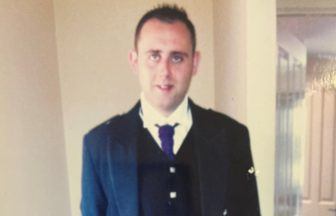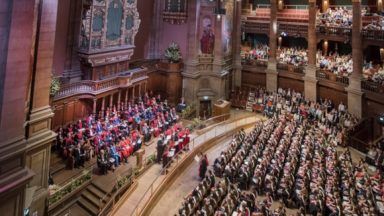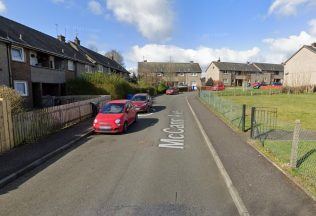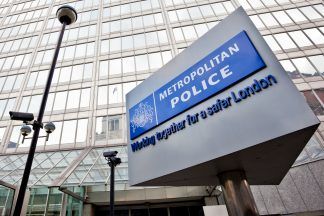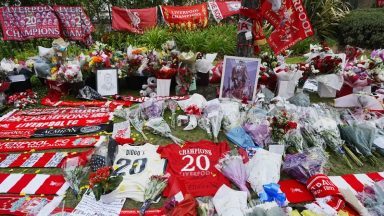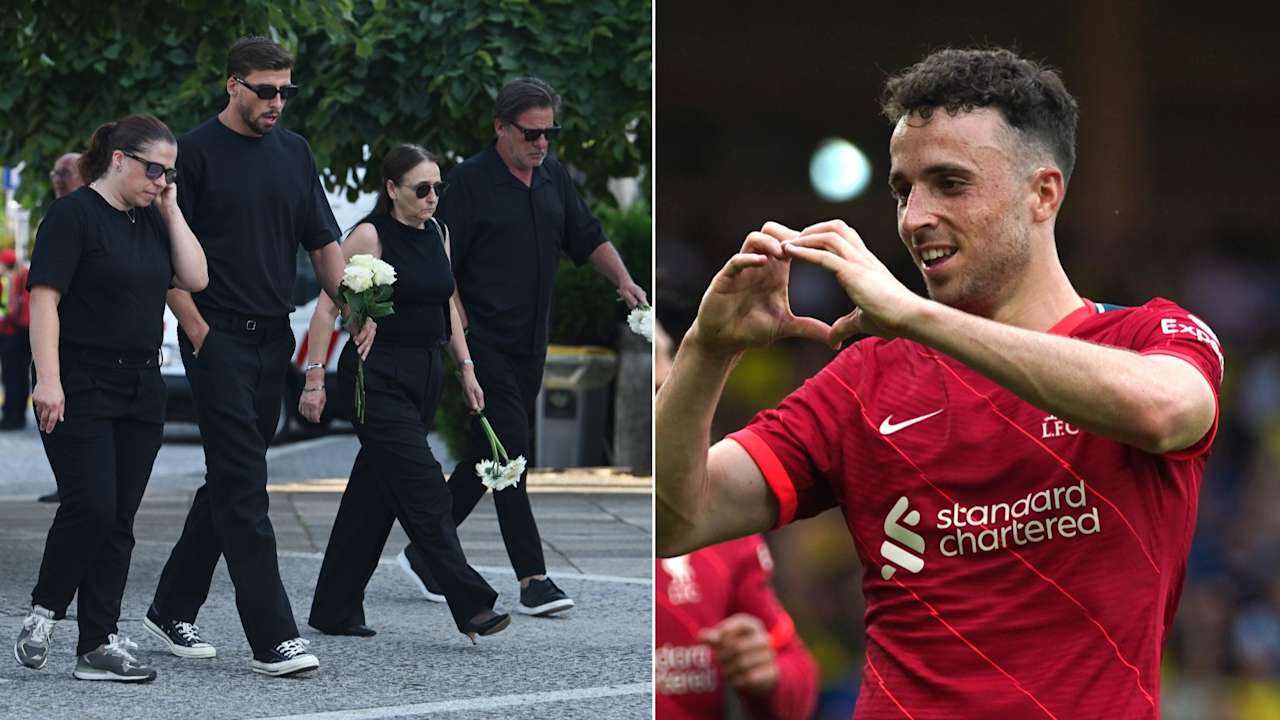Stormont’s first nationalist First Minister Michelle O’Neill has pledged to work with unionists to build a better future for Northern Ireland.
The appointment of the Sinn Fein vice president provided a moment of history on the day the power-sharing institutions returned after a two-year hiatus.
DUP MLA Emma Little-Pengelly was nominated as deputy First Minister.
The two top jobs in the ministerial executive wield equal power and responsibility, but the elevation of a republican to the office of first minister, by virtue of Sinn Fein becoming the region’s largest political party in the 2022 Assembly election, is undoubtedly a significant symbolic moment for Northern Ireland.
The DUP, the largest unionist party in the region, has agreed to the recall of the political institutions on the back of its deal on post-Brexit trade with the UK Government, which party leader Sir Jeffrey Donaldson says has effectively removed the so-called Irish Sea trading border on goods remaining within the UK.
On Thursday, the Government fast-tracked two pieces of legislation contained in the agreement through the House of Commons, opening the way for the Assembly to return on Saturday.
The proceedings commenced with the process of nominating a speaker, with former DUP leader Edwin Poots elected to the role.
Addressing the chamber after her appointment was confirmed and she affirmed the pledge of office, O’Neill said the restoration of the institutions marked a “moment of equality and progress”.
“A new opportunity to work and grow together,” she said.
“Confident that wherever we come from, whatever our aspirations, we can and must build our future together.
O’Neill said the public were relying on each of us to act in their best interests and to serve our whole community in good faith.
“We must make powersharing work because collectively, we are charged with leading and delivering for all our people, for every community,” she said.
“In common cause we must make life better for workers, families, communities. To create hope and opportunity.”
O’Neill urged all MLAs to be “respectful of each other”.
“The days of second-class citizenship are long gone,” she said.
“Today confirms that they are never coming back.
“As an Irish republican I pledge co-operation and genuine honest effort with those colleagues who are British, of a unionist tradition and who cherish the Union.
“This is an assembly for all – Catholic, Protestant and dissenter.
“Despite our different outlooks and views on the future constitutional position, the public rightly demands that we co-operate, deliver and work together.
“We must build trust and confidence in our ability to do that.
“That will require courage and ambition not just from us who are elected but from the public.
“We can all invest in this and the more of us that do the better the chance it has.”
The republican leader said the new ministerial executive “undoubtedly face great challenges” as she listed the issues besetting public services in the region.
She said ministers had to work together to challenge the UK Government to provide more funding for Northern Ireland.
O’Neill reflected on the achievement of the 1998 Good Friday peace agreement.
“I was a 20-year-old mother at the time of the agreement, and I remember vividly the sense of hope and optimism,” she said.
“I got right in behind politics and have worked since then to build the peace.
“There is no question that our society has been fundamentally transformed because of the peace process.
“I stand here proud, elected First Minister as someone who represents the Good Friday generation, and someone who will lead us into the next 25 years.
“I am also an Ulster woman, a Tyrone woman and a deeply proud Irish and European citizen.
“This is an historic day which represents a new dawn.
“For the first time ever, a nationalist takes up the position of First Minister.
“That such a day would ever come would have been unimaginable to my parents and grandparents’ generation.
“Because of the Good Friday Agreement that old state that they were born into is gone.
“A more democratic, more equal society has been created making this a better place for everyone.
“This place we call home, this place we love, North of Ireland or Northern Ireland, where you can be British, Irish, both or none is a changing portrait.
“Yesterday is gone.”
O’Neill said her appointment reflected the change that society in the region had undergone.
“I am a republican,” she said.
“I will serve everyone equally and be a First Minister for all.
“To all of you who are British and unionist; Your national identity, culture and traditions are important to me.
“I will be both inclusive and respectful to you. None of us are being asked or expected to surrender who we are.
“Our allegiances are equally legitimate. Let’s walk this two-way street and meet one another halfway.
“I will be doing so with both an open hand and with heart.”
Commenting on the legacy of the Troubles, O’Neill said much suffering and trauma persists as a result of the injustices and tragedies of the past.
“We must never forget those who have died or been injured, and their families,” she said.
“I am sorry for all the lives lost during the conflict. Without exception.
“As First Minister I am wholeheartedly committed to continuing the work of reconciliation between all of our people.
“The past cannot be changed or undone.
“But what we can do is build a better future.
“I will never ask anyone to ‘move on’, but I do hope that we can ‘move forward’. I want us to walk in harmony and friendship.
“My eyes are firmly fixed on the future. On unifying people and society.
“Every generation must write its own chapter, define its own legacy.”
Follow STV News on WhatsApp
Scan the QR code on your mobile device for all the latest news from around the country




